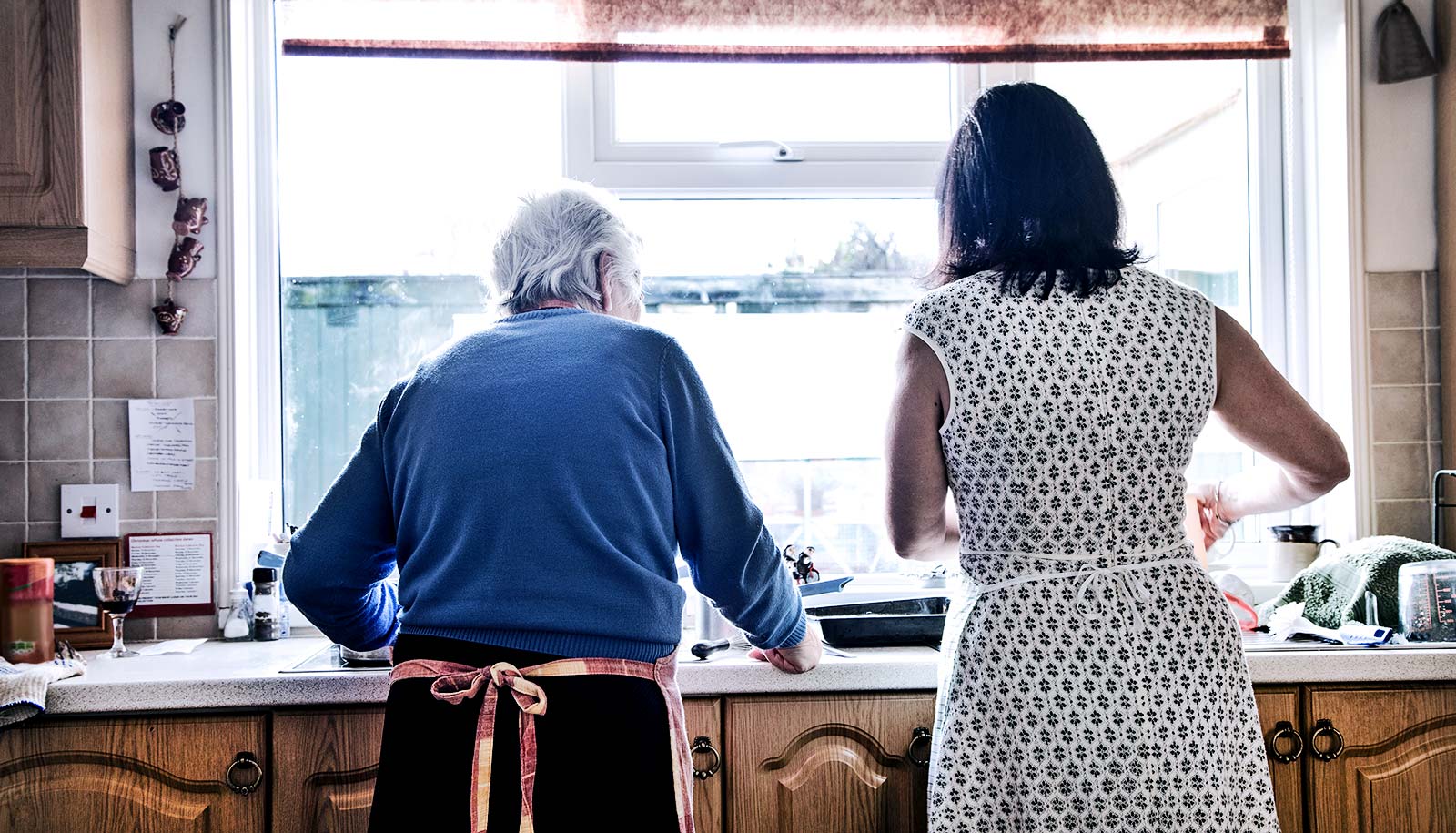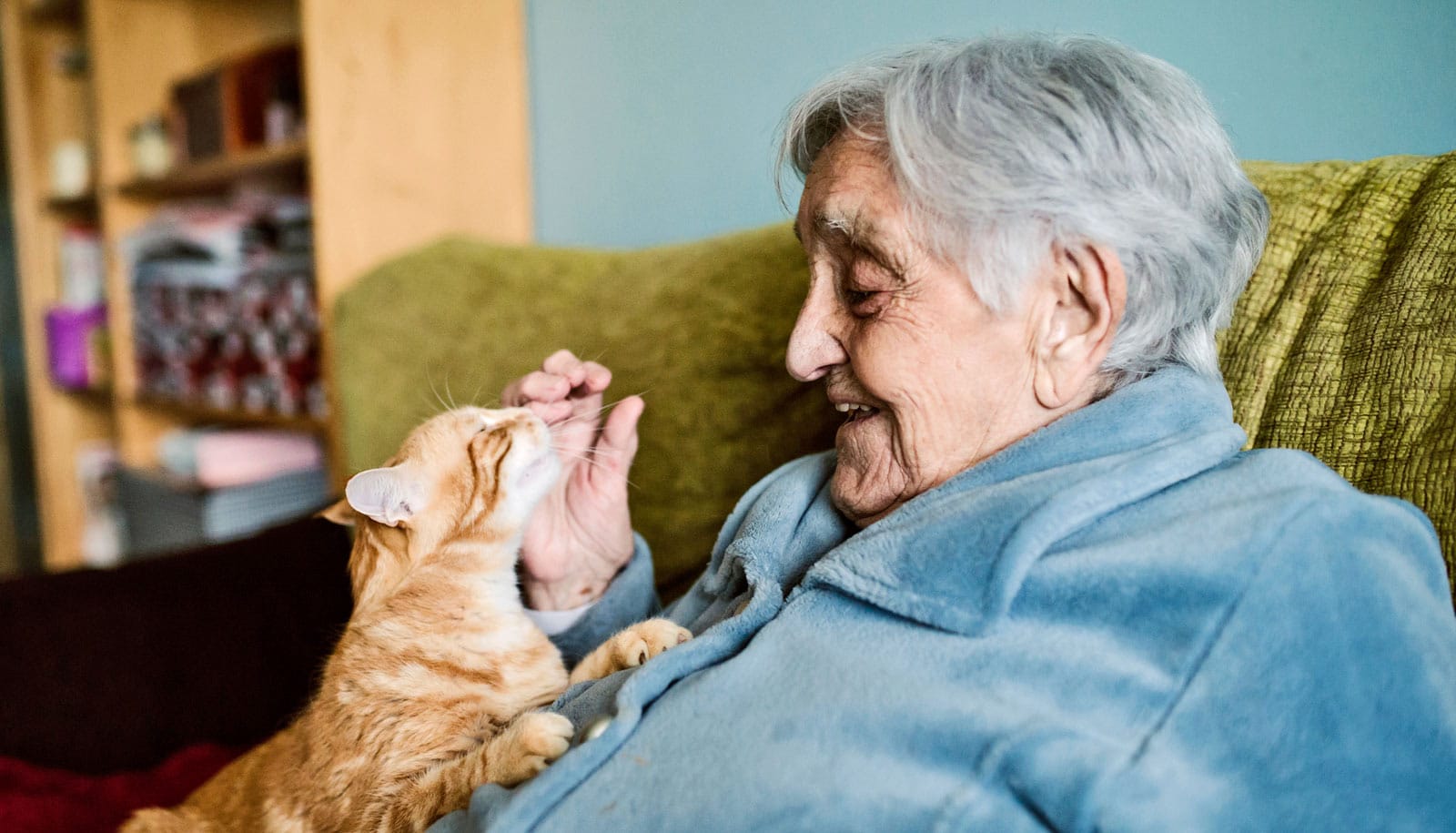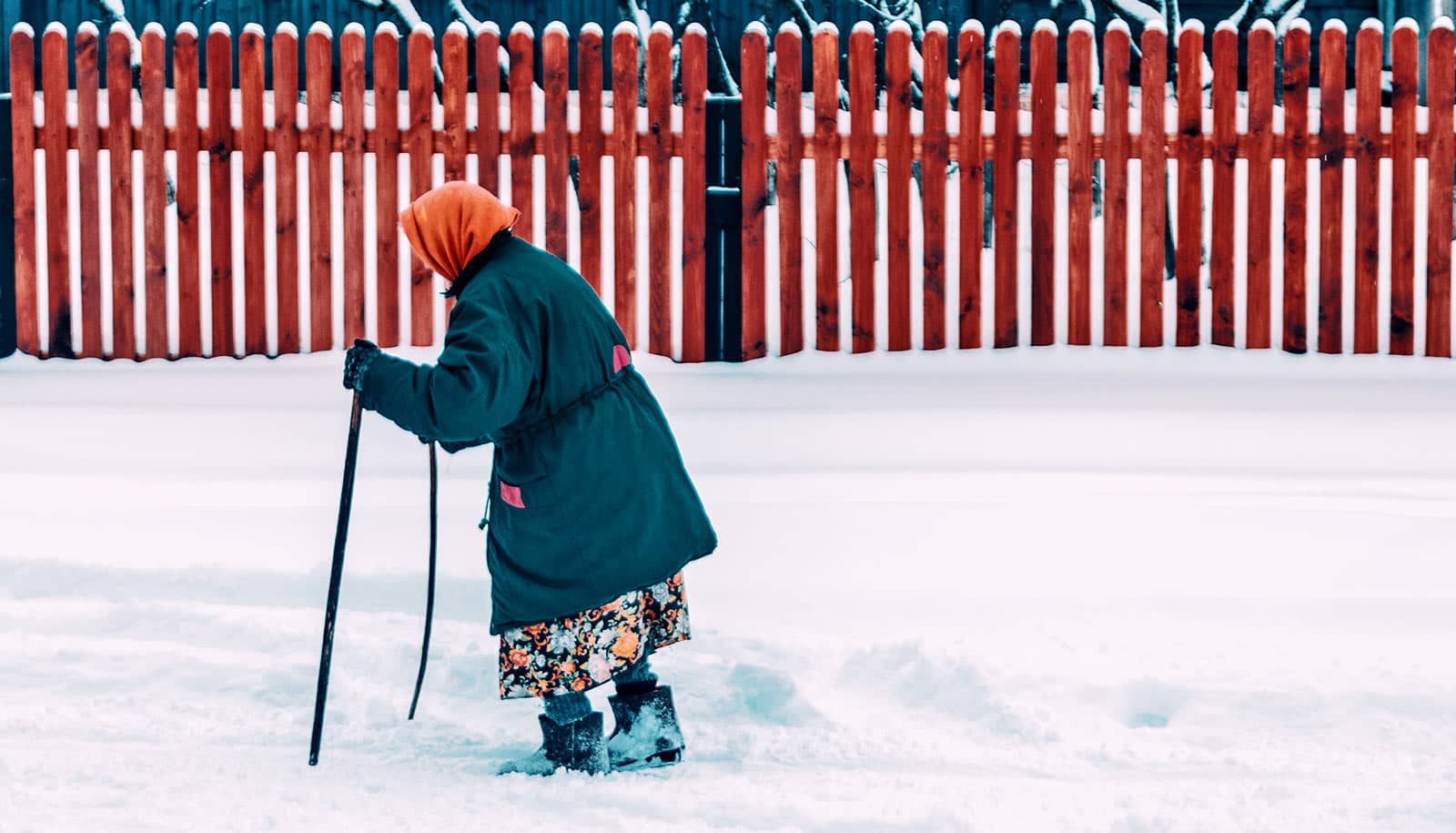Older caregivers who provide “marginal” assistance—spending up to an hour helping with just one activity—report worse well-being than those who help two hours a day handling various activities.
The new study’s finding is counterintuitive to well-established thinking that caring for more hours poses a greater psychological burden on family and other unpaid caregivers, the researchers say.
“It may be that these marginally involved caregivers find it harder to incorporate care into their busy lives,” says Vicki Freedman, research professor at the University of Michigan Institute for Social Research. “Or it could be those with worse well-being are less able to take on a more substantial caregiving role.”
Caregivers perform various tasks such as household chores (preparing meals, laundry), personal and medical care (bathing, dressing, giving medicine), companionship, and transportation (running errands or trips to doctor’s office).
The study is new, Freedman says, because it considers both what caregivers do and when in the day they do it. Unlike previous research that tracks less granular responses over longer periods, such as the past month, the study uses 24-hour time diary data to explore if there are distinctive care patterns throughout the day affecting caregivers’ well-being.
“We were able to see five distinct care patterns, including a large number of days on which caregivers were marginally involved,” Freedman says.
Other days included a mixture of care activities for about two hours; more substantial amounts of care, especially with household chores and transportation; and persistent care throughout the day, either with transportation and companionship or with household chores.
Researchers used national Panel Study of Income Dynamics data. The sample consisted of 511 diary days with at least one reported care activity from adults 60 and older.
For each activity on the previous day, respondents reported details about what they did, including how long they did it. They also responded to questions about how they felt (well-being)—calm, happy, sad, frustrated, or worried—during randomly selected activities.
On average, older caregivers spent just over two hours helping on days they assisted adults with daily activities. The time of day was not as important as the type of care in shaping well-being, researchers say.
Additional researchers from Boston University and Michigan State contributed to the paper, which appears in the Gerontologist.
Source: University of Michigan



